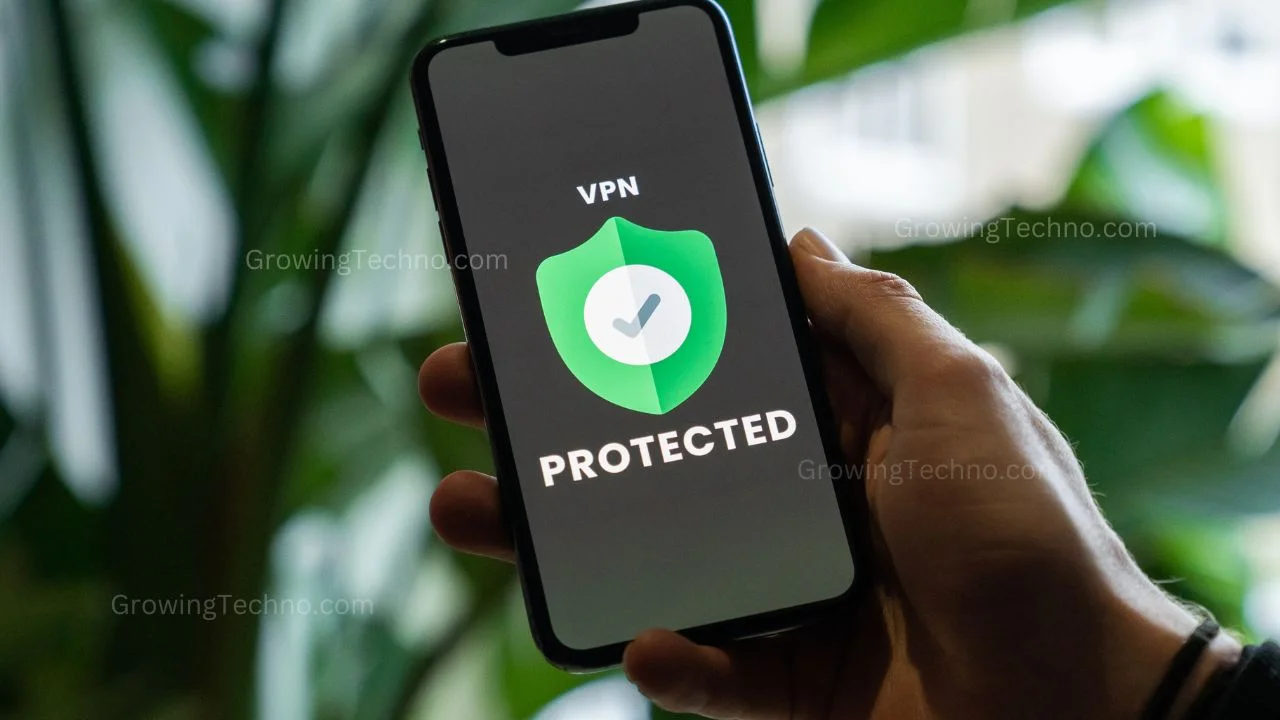
Mobile devices have become a crucial component of corporate operations in today’s digital environment. However, the convenience of smartphones and tablets also brings new security challenges. Protecting sensitive business data on mobile devices is paramount to prevent unauthorized access and maintain data privacy. This article delves into the importance of mobile device security and provides essential tips to safeguard business data on phones and tablets. By implementing these measures, you can fortify your mobile device security, mitigate risks, and ensure the confidentiality and integrity of your valuable information.
The Significance of Mobile Device Security:
Protecting Business Data:
Mobile devices store a wealth of sensitive business data, including emails, documents, customer information, and intellectual property. Ensuring mobile device security helps safeguard this data from unauthorized access or potential breaches.
Preventing Data Loss:
Loss or theft of mobile devices can result in data loss and compromise business operations. Robust security measures, such as encryption and remote data wiping, help mitigate the risk of data loss in such scenarios.
Maintaining Regulatory Compliance:
Many industries have specific data protection regulations, such as GDPR or HIPAA. Adhering to mobile device security best practices ensures compliance with these regulations, avoiding penalties and legal repercussions.


Essential Tips for Mobile Device Security:
- Implement Strong Device Locks: Set up strong passcodes or biometric authentication (fingerprint or face recognition) on mobile devices to prevent unauthorized access. Avoid using easily guessable passcodes like birthdays or sequential numbers.
- Enable Device Encryption: Activate device encryption to protect stored data. Encryption converts data into an unreadable format, rendering it useless to unauthorized individuals in case of device loss or theft.
- Install Reliable Security Software: Install reputable mobile security apps or endpoint protection software that offer features such as malware scanning, remote tracking, and remote data wiping. Regularly update these applications to stay protected against emerging threats.
- Keep Software and Apps Updated: Regularly update your mobile device’s operating system and apps to benefit from security patches and bug fixes. Outdated software can contain vulnerabilities that hackers can exploit.
- Implement Mobile Device Management (MDM): MDM solutions allow businesses to centrally manage and secure mobile devices. It enables features like remote data wiping, enforcing security policies, and tracking device usage to enhance overall security and control.
Conclusion:
Securing mobile devices is vital for protecting business data and maintaining data privacy. By implementing strong device locks, enabling device encryption, installing reliable security software, keeping software and apps updated, and implementing mobile device management solutions, you can significantly enhance your mobile device security. Remember that mobile device security is an ongoing effort that requires regular updates and vigilance. By prioritizing mobile device security, you can safeguard sensitive business data, prevent data loss, and stay compliant with relevant regulations.
Found this helpful? Share the wisdom!




















